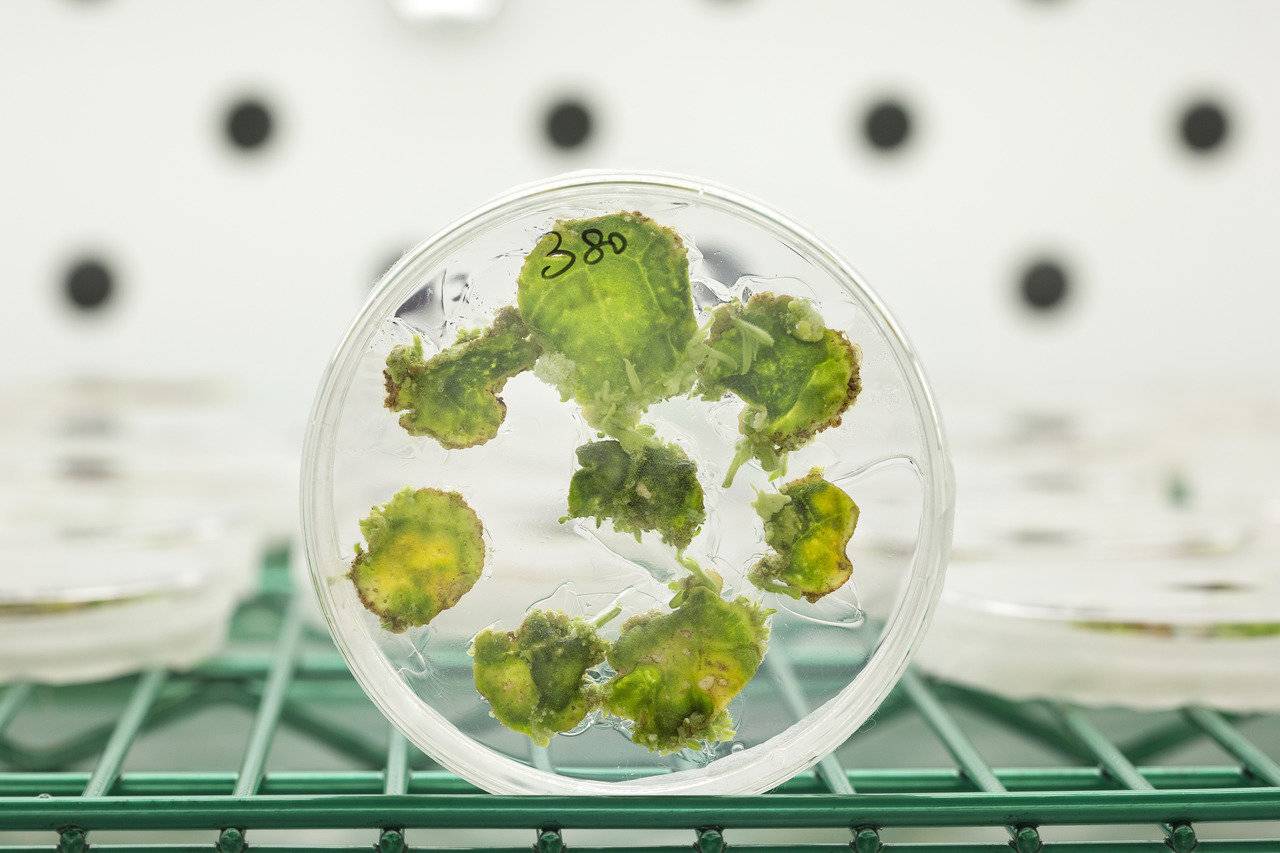A group of University of Illinois researchers and scientists have just uncovered some world-class news: tinkering with a plant’s genetic engineering, they can alter photosynthesis to make the plant more productive – 20% more productive, in fact, in tobacco plants (though results on food crops are soon-to-come.)
The study, which was funded by the Bill and Melinda Gates Foundation, could have massive effects on issues like world hunger and climate change, and it truly is amazing that it’s happening right here, in our own back yard.
To read the full story from the New York Times, click here, and check out an excerpt below:
“URBANA, Ill. — A decade ago, agricultural scientists at the University of Illinois suggested a bold approach to improve the food supply: tinker with photosynthesis, the chemical reaction powering nearly all life on Earth.
The idea was greeted skeptically in scientific circles and ignored by funding agencies. But one outfit with deep pockets, the Bill and Melinda Gates Foundation, eventually paid attention, hoping the research might help alleviate global poverty.
Now, after several years of work funded by the foundation, the scientists are reporting a remarkable result.
Using genetic engineering techniques to alter photosynthesis, they increased the productivity of a test plant — tobacco — by as much as 20 percent, they said Thursday in a study published by the journal Science. That is a huge number, given that plant breeders struggle to eke out gains of 1 or 2 percent with more conventional approaches.”
Photo by Haley Ahlers for the University of Illinois.








